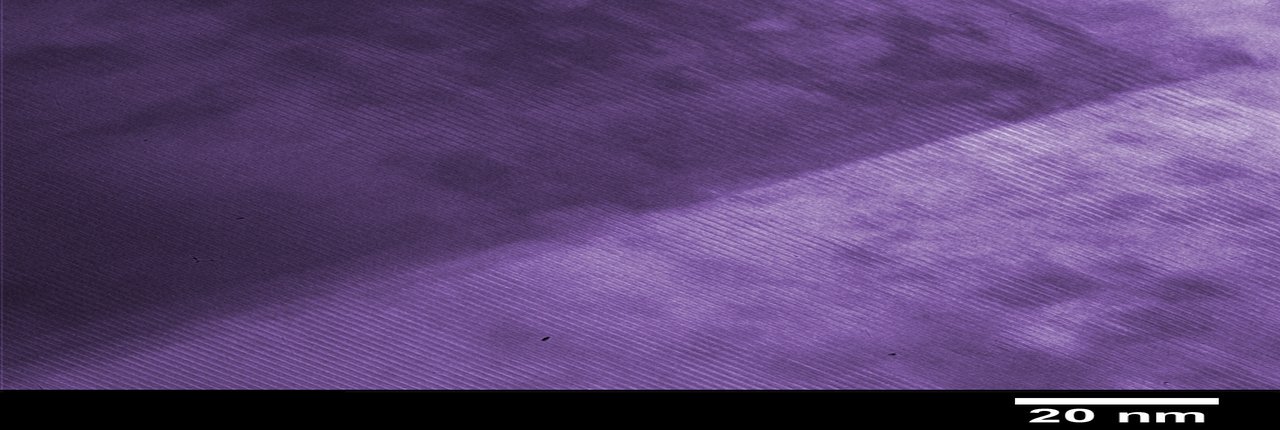Product photo

Quick contact, quick delivery Recombinant Human Syndecan - 4, Syndecan 4 Antibody ALEXA FLUOR 647, Syndecan 4 19 - 145aa Recombinant Protein greatests prices.
The following list shows the most important features of our product:
0.1ml
bs-1309R-Cy5.5

A simple ordering process. Just click the button below and go to our store page.
Below is a list of details about the product.
| Detail | Description |
|---|---|
| Properties | If you buy Antibodies supplied by Bioss Primary Conjugated Antibodies they should be stored frozen at - 24°C for long term storage and for short term at + 5°C.Cy5 antibodies are excited by the 650-nanometer wave of an argon laser and detected at a 670-nanometer captor. |
| Storage conditions | Keep the antibody in an aqueous buffered solution containing 1% BSA, 50% glycerol and 0.09% sodium azide. Store refrigerated at 2 to 8 degrees Celcius for up to 1 year. |
| Antigen background | Cell surface proteoglycan that bears both heparan sulfate and chondroitin sulfate and that links the cytoskeleton to the interstitial matrix. |
| Crossreactive species details | Due to limited amount of testing and knowledge, not every possible cross-reactivity is known. |
| Conjugated | These antibodies are excite for emission at 678nm and detected at a 694 nm wavelengths. |
| Specificity | This is a highly specific antibody against CD138/Syndecan 1. |
| Source | KLH conjugated synthetic peptide derived from human CD138 |
| Long name | Syndecan 1 Polyclonal Antibody, Cy5.5 Conjugated |
| Synonyms | SDC; CD138; SYND1; syndecan; Syndecan-1; SDC1 |
| Purification method | This antibody was purified via Protein A. |
| Host Organism | Rabbit (Oryctolagus cuniculus) |
| Category | Conjugated Primary Antibodies |
| Subcellular location | Cytoplasm, Membrane bound |
| Clone | Polyclonal antibody |
| Recommended dilutions | IF(IHC-P)(1:50-200) |
| Crossreactivity | Human, Mouse, Rat |
| Target Antigen | CD138/Syndecan 1 |
| Concentration | 1ug per 1ul |
| Excitation Emission | 675nm/694nm |
| Additional conjugation | Cy5.5,Cy5.5 |
| Immunogen_range | 275-310/310 |
| Clonality | Polyclonal |
| Modification | Unmodified |
| French translation | anticorps |
| Tested applications | IF(IHC-P) |
| Swiss Prot | P18827 |
| Conjugation | Cy5.5 |
| Modification site | None |
| Gene ID number | 6382 |